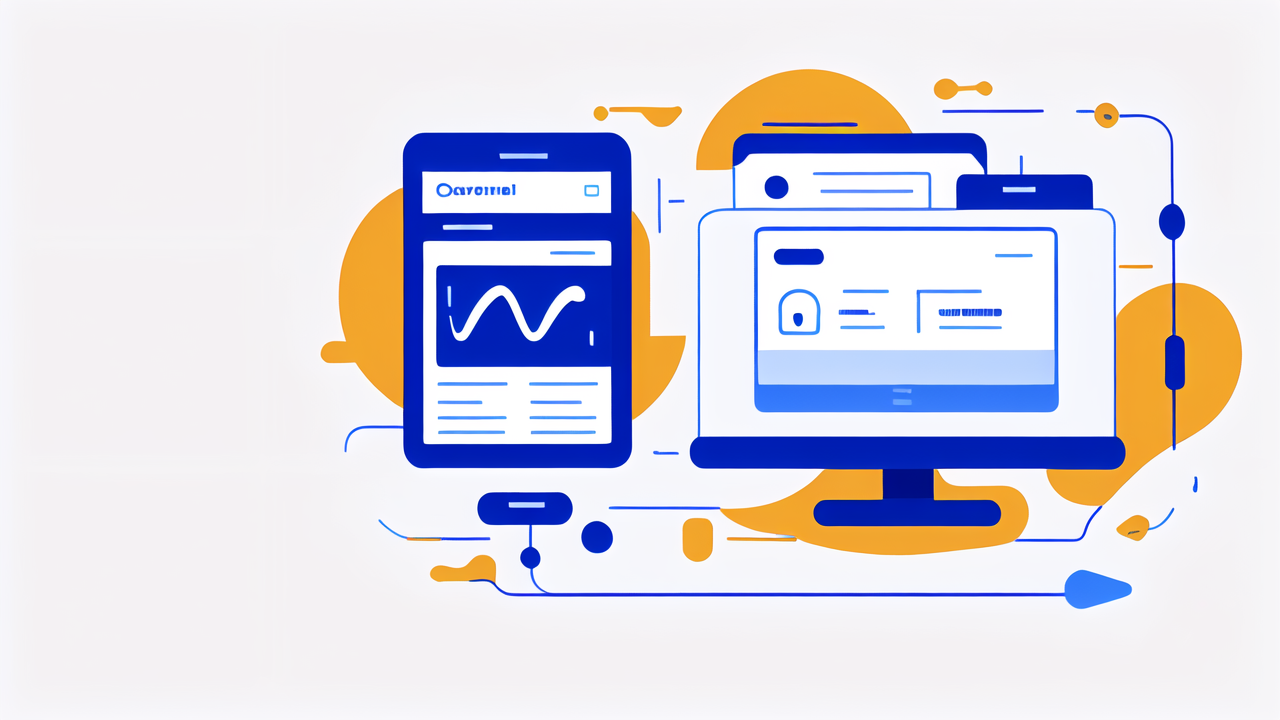Understanding the Basics of Body Measurement Tracking
The Evolution of Wearable Technology in Healthcare
Wearable tech has come a long way in healthcare. It started with simple step counters. Now, we have smart devices

that track our vital signs. These include heart rate, blood pressure, and sleep patterns. The FILA smartwatch is a
good example. It offers many health tracking features. Over time, these devices have become more accurate and
user-friendly. They now play a big role in personal health management.
Key Features of Body Measurement Trackers
Body measurement trackers have many useful features. They can monitor heart rate, count steps, and track sleep
quality. Some can even measure blood oxygen levels and stress. Many trackers sync with smartphones. This allows
users to see their data in easy-to-read graphs. Some trackers, like certain FILA smartwatches, can send alerts
for unusual health readings. These features help users stay on top of their health goals.
How Body Measurement Trackers Empower Consumers
Body measurement trackers give people more control over their health. They provide real-time data about our bodies.
This helps us make better health choices. For example, we can see how exercise affects our heart rate. Or how our
sleep patterns change with diet. This information empowers us to take charge of our wellness. It also helps us have
more informed talks with our doctors. With these tools, we become active partners in our healthcare.
Leveraging Body Measurement Trackers for Improved Health Outcomes
Enhancing Personal Health Management
Body measurement trackers are changing how we manage our health. They give us a clear picture of our daily habits.

We can see how much we move, how well we sleep, and how our heart behaves. This data helps us set realistic health
goals. For example, we might aim to increase our daily steps or improve our sleep quality. The trackers keep us
motivated by showing our progress. They can also remind us to move more or drink water. This constant feedback
helps us build better health habits over time.
The Role of Body Measurement Trackers in Preventive Healthcare
Preventive healthcare is about stopping health issues before they start. Body measurement trackers play a big role
in this. They can spot early signs of health problems. For instance, they might notice changes in heart rate or
sleep patterns. These changes could signal stress or other health issues. By catching these signs early, we can
take action sooner. This might mean changing our habits or seeing a doctor. In this way, trackers help us stay
ahead of potential health problems.
Case Studies: Success Stories in the United States
Many Americans have improved their health using body measurement trackers. One study followed office workers who
used fitness trackers. After six months, they were more active and had better heart health. Another case involved
a man who discovered he had sleep apnea thanks to his smartwatch. He got treatment and saw his energy levels
improve. In a third case, a woman used her tracker to manage her diabetes better. She could see how different
foods affected her blood sugar. These stories show how trackers can lead to real health improvements.
Overcoming Challenges and Considerations
Navigating Privacy and Security Concerns
Privacy is a big concern with health trackers. These devices collect a lot of personal data. Users worry about

who can see this information. There are also concerns about data breaches. To address these issues, many companies
use strong encryption. They also let users control what data they share. It's important for users to read privacy
policies. They should understand how their data is used and stored. Some trackers, like certain FILA smartwatches,
offer extra privacy features. These give users more control over their data.
Regulatory Compliance for Wearable Health Technology in the U.S.
In the U.S., health trackers must follow certain rules. The FDA oversees many of these devices. They make sure
the trackers are safe and do what they claim. Some trackers are considered medical devices. These need FDA approval
before they can be sold. Other trackers are for general wellness. They have less strict rules. Companies must be
clear about what their devices can do. They can't claim to diagnose or treat diseases without FDA approval. Users
should check if a tracker is FDA-approved if they plan to use it for medical purposes.
Best Practices for Integrating Trackers into Healthcare Systems
Healthcare systems are starting to use data from body measurement trackers. This can improve patient care. But it
needs to be done carefully. Doctors need training to understand tracker data. They must know how to use it
alongside other health information. Hospitals need secure systems to receive and store this data. They must protect
patient privacy. It's also important to make sure everyone can access these tools. This might mean providing
trackers to patients who can't afford them. When done right, integrating trackers can lead to better, more
personalized healthcare.
Body measurement trackers are changing how we manage our health. They give us valuable insights into our daily
habits. This helps us make better health choices. These devices also play a big role in preventive care. They can
catch early signs of health issues. However, we must use them responsibly. Privacy and security are key concerns.
We also need to make sure these tools are used fairly in healthcare. As the technology improves, body measurement
trackers will likely become even more important in our daily lives and healthcare systems.




Leave a comment
This site is protected by hCaptcha and the hCaptcha Privacy Policy and Terms of Service apply.